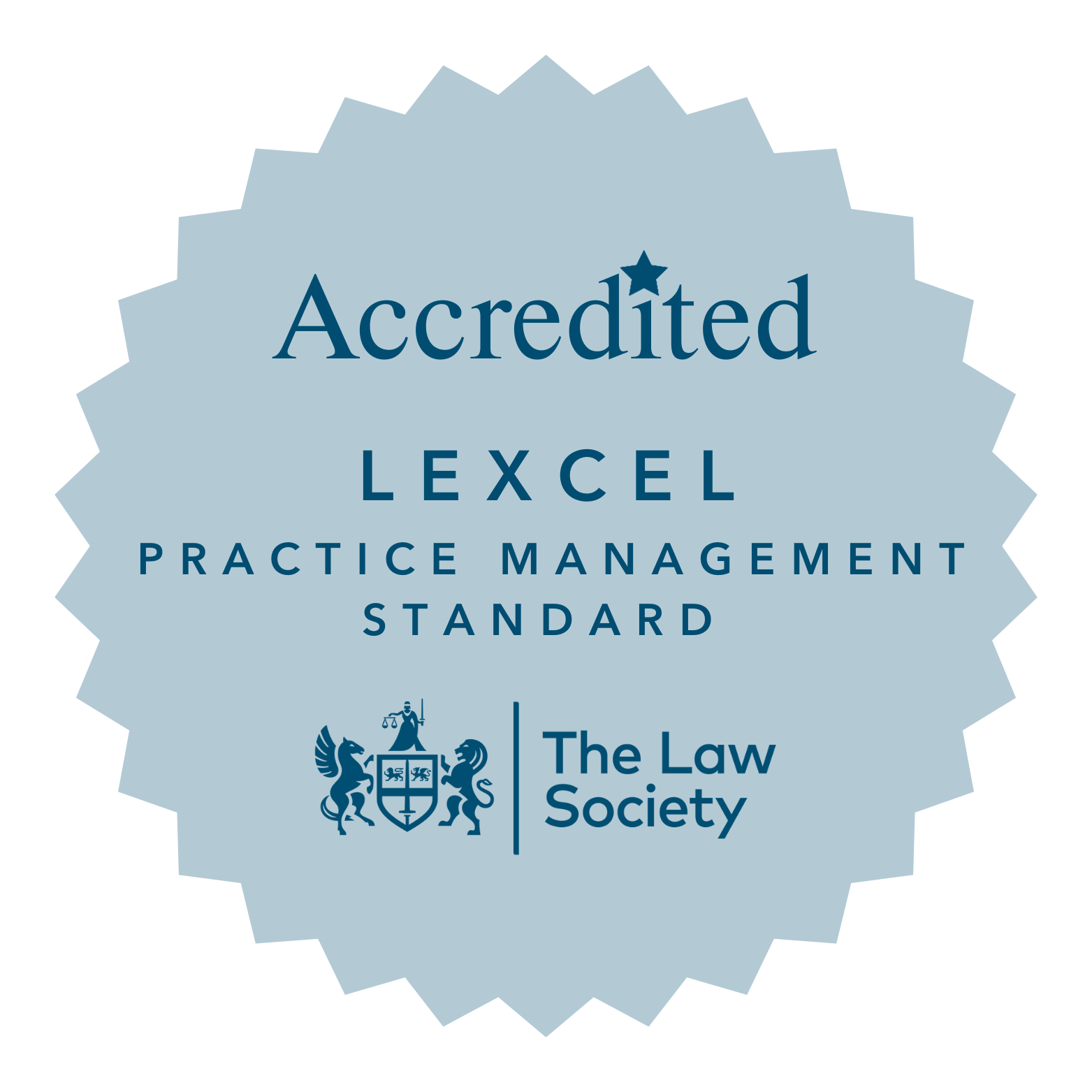Understanding discrimination in the workplace
Understanding discrimination in the workplace
Whether you have a physical or hidden disability, you should be comfortable within your workplace. You should be given the same opportunities as your colleagues, and adjustments should be made to the work environment to accommodate this.
If you suspect you are being discriminated against at work, you should seek advice.
Here are 5 things that all employees need to know about discrimination in the workplace:
Types of discrimination
Examples of discrimination include:
· Derogatory remarks about your disability, this could be harassment.
· Consistently being rejected for promotions or new positions in favour of able-bodied colleagues, this could be direct discrimination
· If a new policy is put in place which puts you and others, at a disadvantage compared to your colleagues, this could be indirect discrimination.
To take further action, you must be sure of which type of discrimination you have experienced, so it is important to seek early legal advice to ensure that you know exactly which type applies to you.
An employer has a duty to make reasonable adjustments to reduce disadvantages you, as an employee with a disability, may experience. For example, you may require workstation adjustments to assist you in using a computer.
If you are uncomfortable in any way, it is important that you raise it with your employer, preferably in writing. If you have any suggestions on how your situation could be improved, you must also put those in writing. If you do not have any suggestions on how to improve the situation, you could ask for a doctor or occupational health professional to assess the situation and provide any ideas.
If adjustments can be made and your employer refuses to make those adjustments you may have a claim.
Evidencing the discrimination
You will need to be able to provide evidence should your matter proceed to a tribunal to try and prove that what you say has happened did actually happen.
Evidence can be anything from emails, messages from social media accounts, employees willing to be witnesses, or letters.
If incidents have taken place you should keep a diary of them as soon as they happen. If you do decide to take legal action then contemporaneous notes from the incident will strength your case and can be used to back up any witness statements.
Make sure all evidence is gathered in chronological order with dates, times and names. It is also worth including any internal policies the workplace has particularly about discrimination.
Resolving issues within the workplace
If you want to keep working for the workplace, and you are comfortable doing so, then it is best to try and resolve the issue informally.
If it cannot be resolved informally, the next step would be to raise a formal written grievance. Once this has been raised, your employer has an obligation to deal with this grievance in a fair and balanced manner. If they do not, then they risk further claims being brought against them.
What to do if you are unable to resolve issues in the workplace
If you have tried to resolve the matter within the workplace, both informally and formally, then it could leave you with no choice but to take legal action.
There are several routes you could take:
- Mediation
- Employment Tribunal
- Negotiate to terminate your contract of employment
How can we help?
We can advise you on the best route for you. Discrimination law is an extremely complex area of law, therefore, if you believe you have been a victim of discrimination in the workplace, it is important that you seek legal advice as soon as possible. Our employment team are experienced in dealing with these cases and will be able to guide you through every step to gain the best possible outcome.




